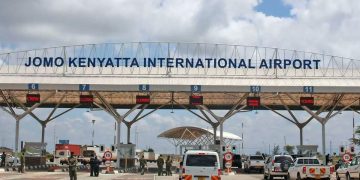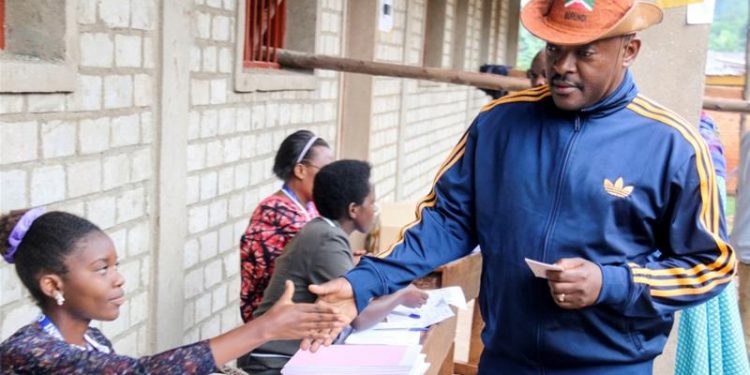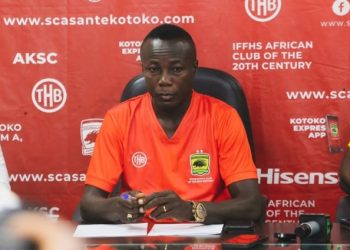Voters in Burundi’s have backed constitutional amendments bolstering President Pierre Nkurunziza’s powers and ushering in changes that could potentially allow him stay in office until 2034.
Pierre-Claver Ndayicariye, election commission chief, said 73 percent of voters had voted “Yes” in the referendum to change the constitution, including whether the current five-year-presidential terms will be increased to seven years. No change to the limit of two terms in office was proposed.
Nineteen percent voted “No”, with a turnout of 96 percent. More than five million people had registered to vote in the referendum on May 17, according to officials
The new document also scraps one of the country’s two constitutionally enshrined vice presidents and shift a number of powers away from the government to the president.
Before the vote, the opposition has decried it as an undemocratic foregone conclusion.
On Saturday, Agathon Rwasa, head of the Amizero y’Abarundi bloc and one of the few opposition leaders still in the country, alleged that government forces had arrested perceived opponents ahead of the ballot and threatened to assassinate those who voted against amending the constitution.
“We will not accept the outcome of this referendum because it is a fantasy,” he said.
The constitutional court will have to give its official seal to the outcome of the vote.
‘Widespread abuse, fear and pressure’
Before the vote, human rights groups said the campaign period had been marked by intimidation and abuse.
And after the ballot, Human Rights Watch (HRW) said at least 15 people opposing the referendum had been killed, while six others were raped and eight abducted.
The “full scale of abuse” is likely “significantly higher”, HRW said on Friday, with “many victims and witnesses unwilling or unable to report abuses”.
Ida Sawyer, HRW’s central Africa director, said the vote had taken place amid “widespread abuse, fear and pressure – a climate that is clearly not conducive to free choice”.
But Willy Nyamitwe, Nkurunziza’s presidential spokesman, praised the “peace” in which the ballot was held.
More presidential powers
The referendum came three years after Nkurunziza won a controversial third term as president during a 2015 election, which was boycotted by the opposition.
Nkurunziza first came to power in 2005, five years after the signing of a nationwide peace deal known as the Arusha Accords, which paved the way for the ending of a 12-year-long civil war that saw more than 300,000 people killed.
According to a provision in the peace deal, no leader could serve more than two five-year terms.
But in early 2015, Nkurunziza claimed it was legal for him to run in the elections because for his first term he had been appointed to the presidency by parliament – as opposed to being voted in.
A political crisis ensued, with the opposition calling Nkurunziza’s bid unconstitutional. An attempted coup was quashed, while a crackdown on anti-government protests resulted in the killing of at least 1,200 people.
More than 400,000 others, including opposition leaders, fled the country.
As well as allowing Nkurunziza to prolong his rule, the approved changes to Burundi’s constitution also allow the revision of ethnic quotas currently protected under the accords.



















































